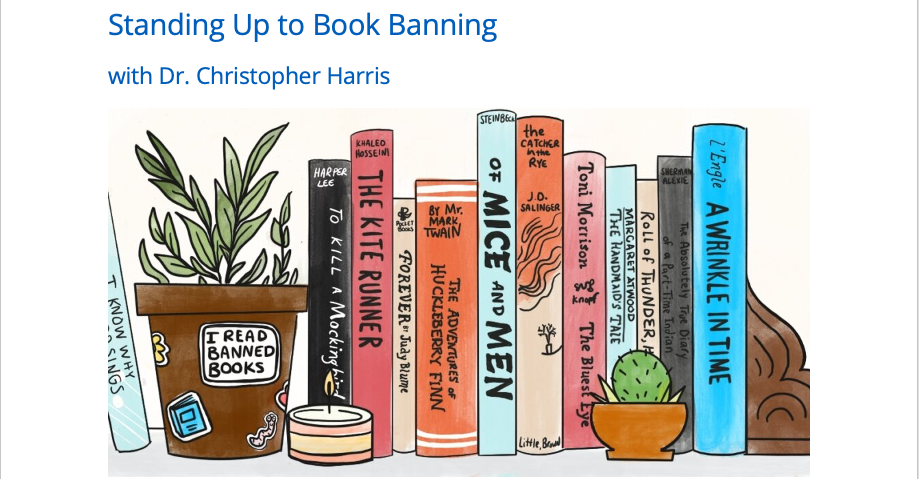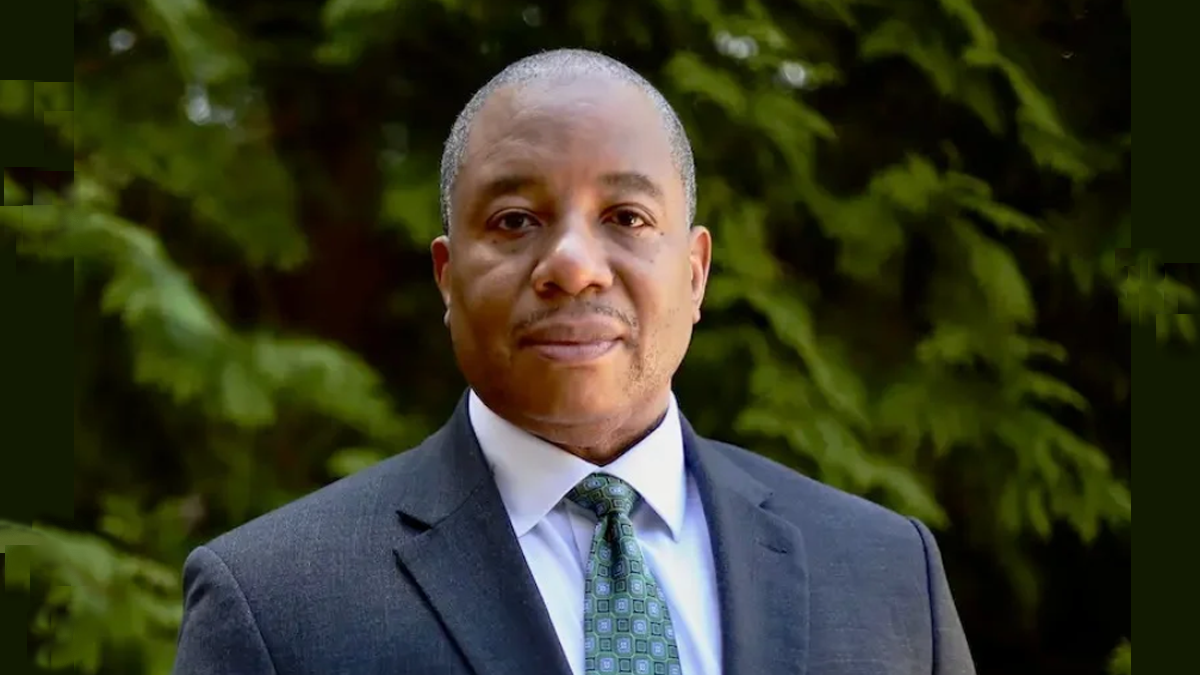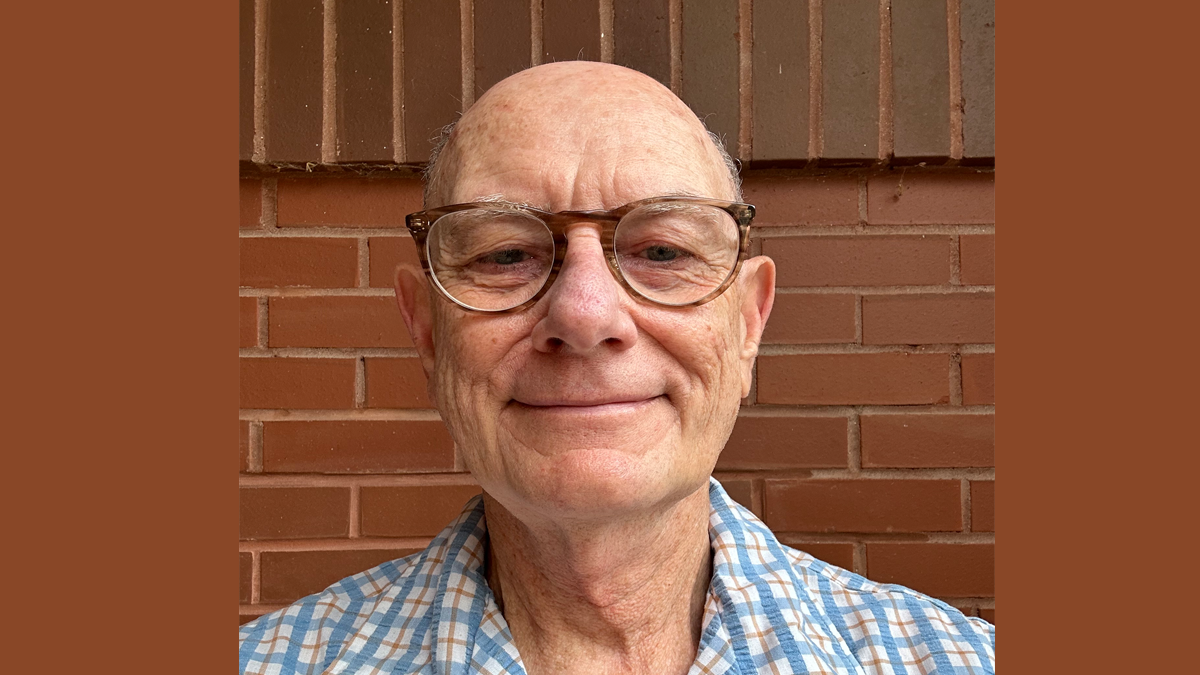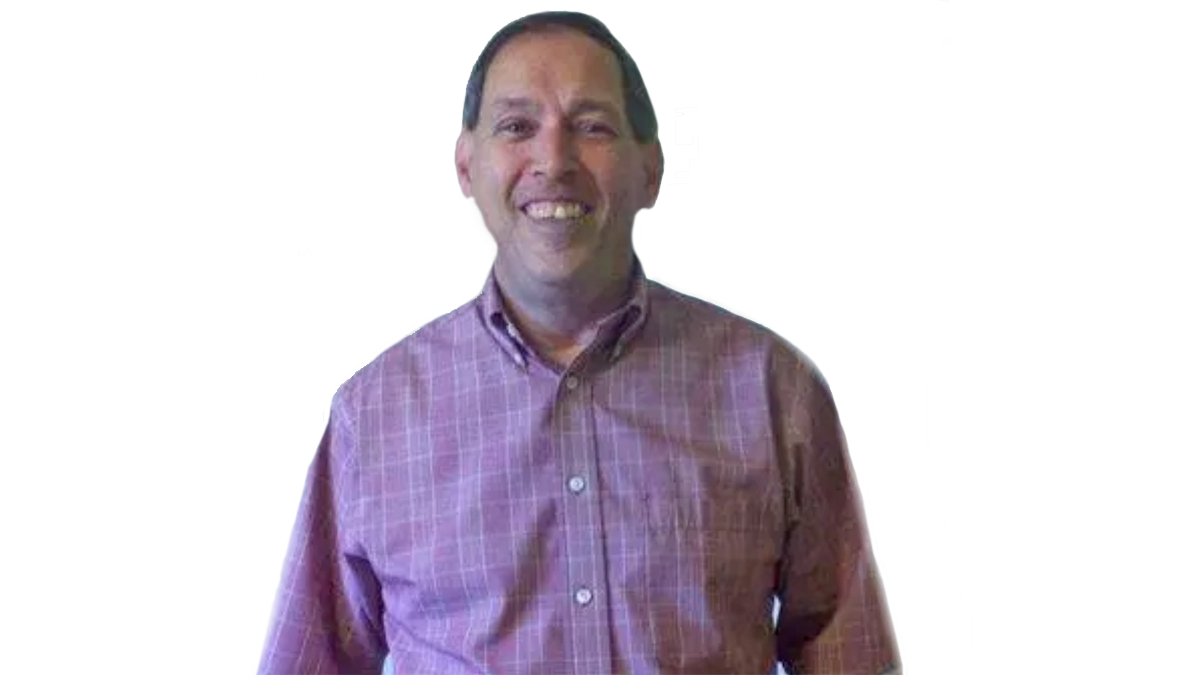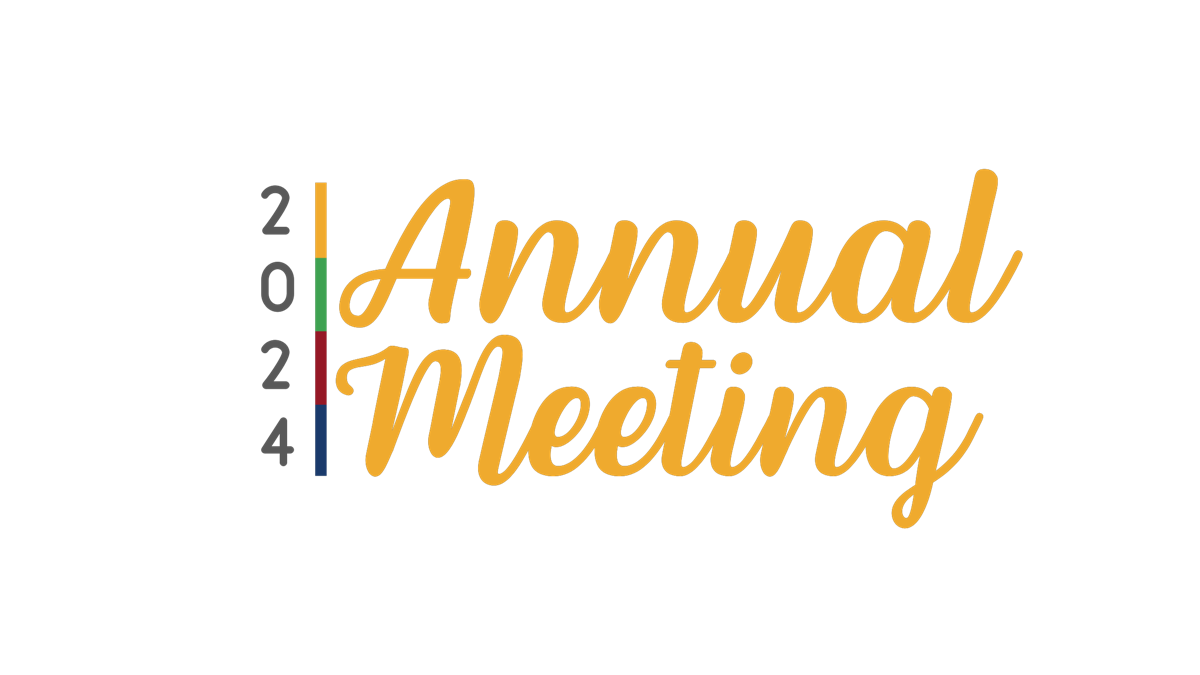
2024 Annual Meeting – 6/23/2024 2:30 PM
Friends Meeting House 227 Edgewood Rd, Asheville, NCOur annual meeting is scheduled for Sunday, June 23, 2024 at 2:30 pm at Friends Meeting House. It will be followed by a very brief board meeting - and finally, after a few years of intense Covid-fears, a potluck meal. Please contact Gloria Cosgrove Smith and let her know what you plan to bring to our potluck. Gloria's email is gloria.cosgrove@gmail.com.

